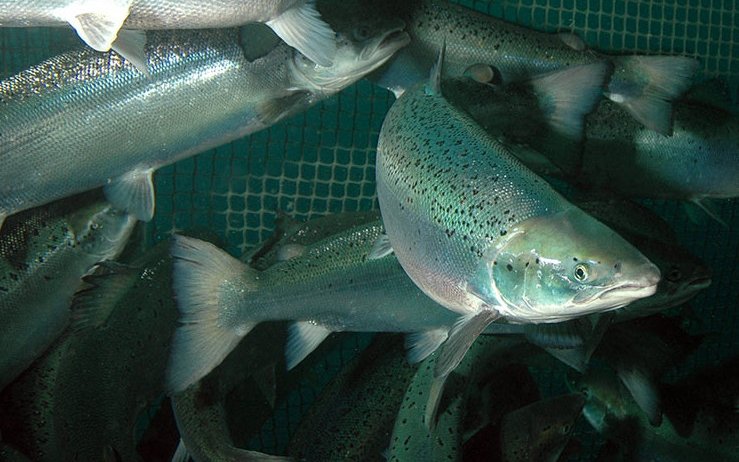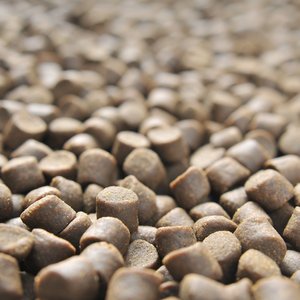Salmon rickettsial septicaemia (SRS) is the infectious disease caused by Piscirickettsia salmonis that produces the highest losses in the Chilean salmon industry. Initially isolated from Coho salmon in Chile, it has also been reported in Canada, Ireland, Norway and Scotland. Currently, vaccines and antibiotics are used to prevent and treat bacterial infections but new technologies are needed to confront the disease.
A new study tested a new strategy for the control of SRS outbreaks through oral vaccines that offer advantages in terms of handling, fish welfare and costs. There are a wide variety of techniques and polymers used for microencapsulation, but alginates might be particularly suitable to deliver antigens at mucosal surfaces in fish, showing their ability to protect antigens while passing through the digestive tract, and to diffuse through the gut mucus layer, thereby reaching the enterocyte surface.
Chilean researchers, together with Cargill Innovation Center, evaluated the effect of alginate-encapsulated Piscirickettsia salmonis antigens (AEPSA) incorporated in the feed as an oral vaccine to induce the immune response in Atlantic salmon (Salmo salar). Fish were distributed into three vaccination groups (injectable, oral high dose, oral low dose).
Researchers found that P. salmonis antigens can be microencapsulated in alginate using the dispersion technique known as aerodynamically assisted jetting system, generating small microparticles that can be incorporated into fish feed pellets and produce an oral vaccine. Alginate microparticles containing the antigen were effectively incorporated in fish feed to produce the oral vaccine. The incorporation of AEPSA did not affect the palatability of the feed or fish’s appetite. Furthermore, researchers found that the oral vaccine did not have a negative effect on fish growth.
“The oral vaccine (high and low dose) produced an acquired immune response (IgM) similar to the injectable vaccine, generating a statistically significant increase in the IgM levels at 840-degree days for both experimental groups. These findings suggest that AEPSA incorporated in the feed can be an effective alternative to boost the immune response in Atlantic salmon,” researchers concluded.
Download the study here.













